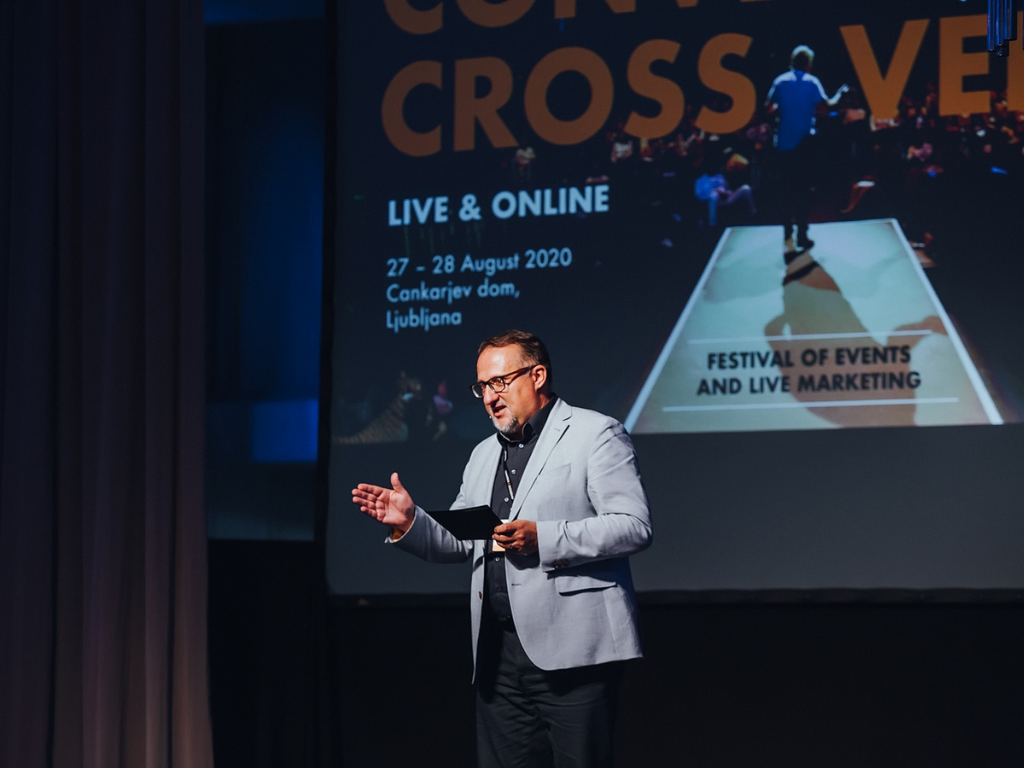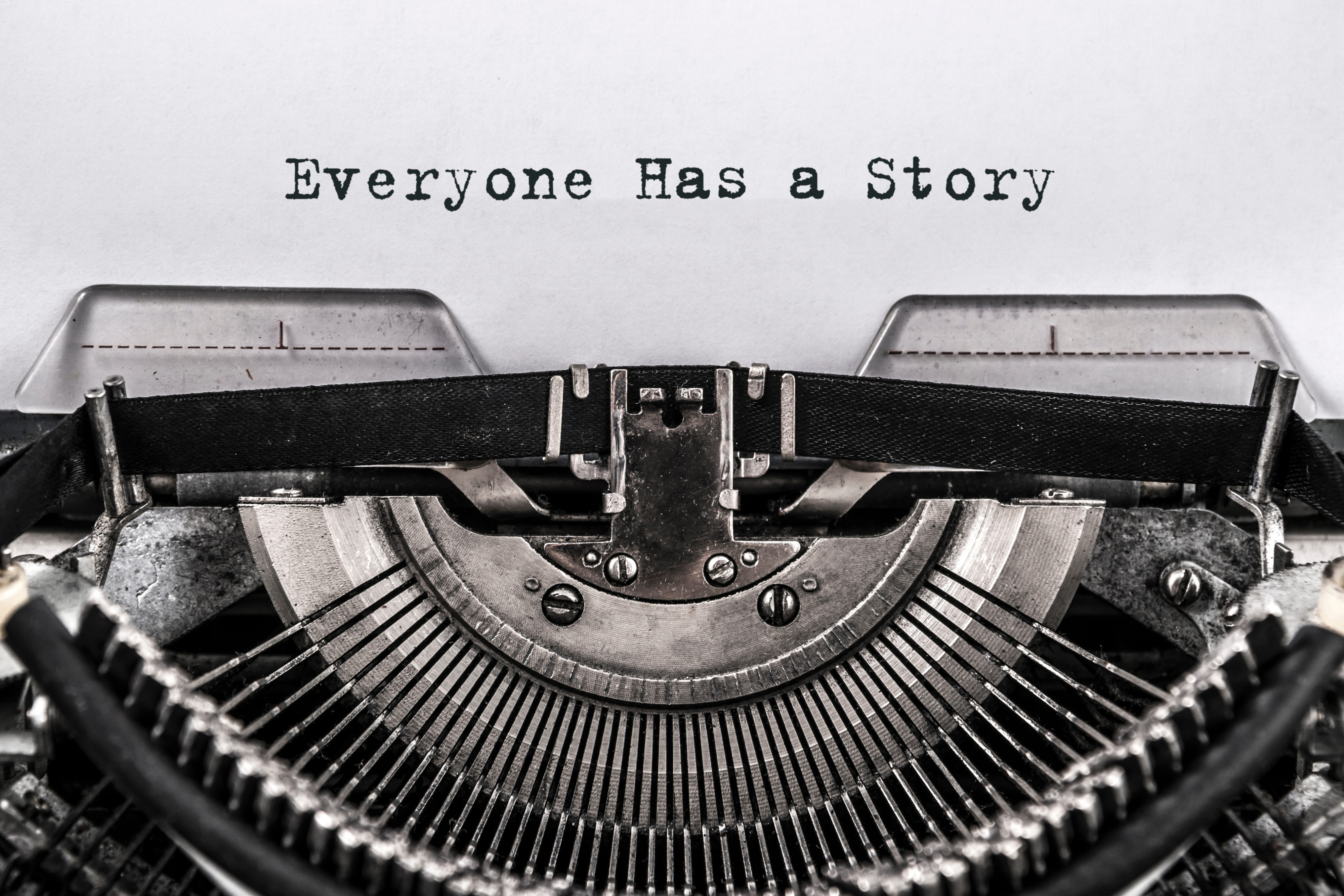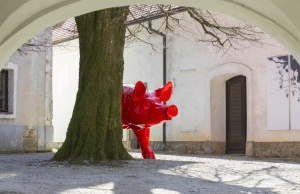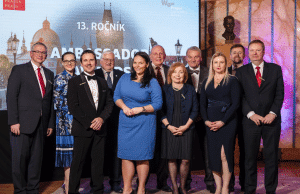Can you afford to organise an event without context or clear narrative?
The corona crisis has shown that the scenario for digital events is truly decisive. In fact, a scenario is the story we want the event to tell. It is manifested in photographs, dialogue, description of acts and the necessary technical details.

Perhaps the most important part is the awareness of what the scenario’s outcome will be. Moreover, the final goal needs to be clearly defined. Much like with film scenarios, you must decide who will be the protagonist and who will play the supporting roles. If the main character represents a brand, then in order to provide a good scenario, the writer must be familiar with the morals and values of the client or brand, as well as with the transformation they wish to achieve with the event.
We will present a step-by-step guide to writing a scenario and showcase the essential parts of writing a good one.


dialogue writing is among the most creative phases of writing

The golden rule when it comes to digital events is to keep it short. Furthermore, the language should be understandable to the focus group. No screenwriter was born a screenwriter, and you will hardly learn the art of writing scenarios from reading books. What does work, though, is hard work, learning and writing.
If you are in a rush, our agency Toleranca Marketing is willing to help, as we have rich experience in writing scenarios.














